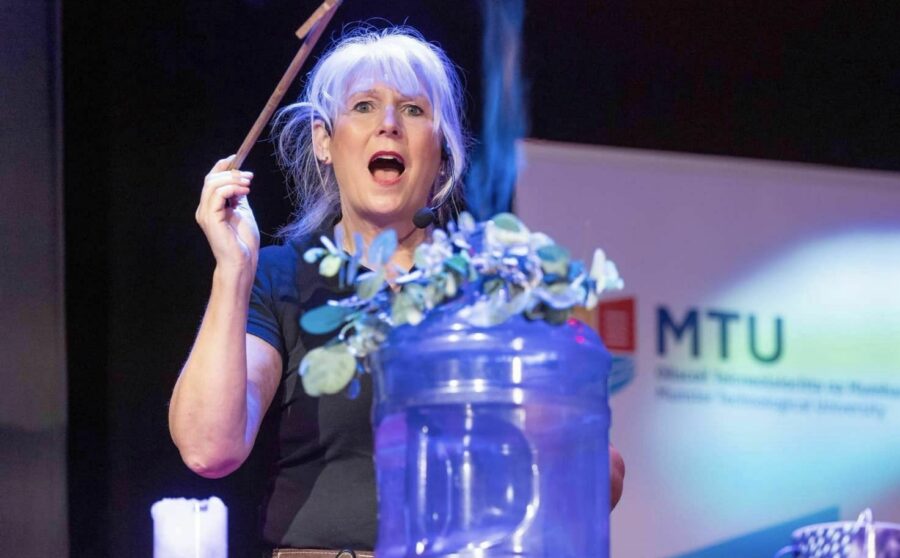
Event Description
Join Dr Paul Caplat from Queen’s University Belfast as he explores the economic cost and societal impact of ‘toxic masculinity’. Mixing scientific evidence with personal experiences and pop culture references, this informal talk attempts to bust the myth of the real man!
Toxic masculinity refers to those traditional masculine norms that can be socially destructive to men, to women and to society overall, due in part to their promotion of violence, including sexual assault and domestic violence, but also self harming. Socialization of boys can often normalize these behaviours, excusing bullying and aggression as "boys will be boys” and consequently stigmatizing and limiting the emotions boys and men may comfortably express while elevating other emotions such as anger.
A 2017 study entitled The Man Box highlighted the prevalence of these harmful preconceptions of ‘manhood’, showing that young men between 18-30 yrs often feel pressured to live up to a restrictive set of potentially harmful masculine stereotypes that can manifest in ways that cause real harm to those around them and to themselves, such as traffic accidents, suicide, depression, sexual violence, bullying, violence, and binge drinking, the repercussions of which cost the UK economy millions of pounds every year.
This concept of toxic masculinity does not condemn men or male attributes, but emphasizes the harmful effects conformity to certain traditional masculine ideal behaviours can have; overcoming this calls for a cultural shift in how society views issues such as mental health, gender roles, and gender stereotypes. Everyone can help in this cultural shift, by leading in a way that’s not masculine, feminine or representative of any gender role, but in a way that’s inclusive, supportive and healthy for all.
You might like these too…
Want to see more?
View all events


